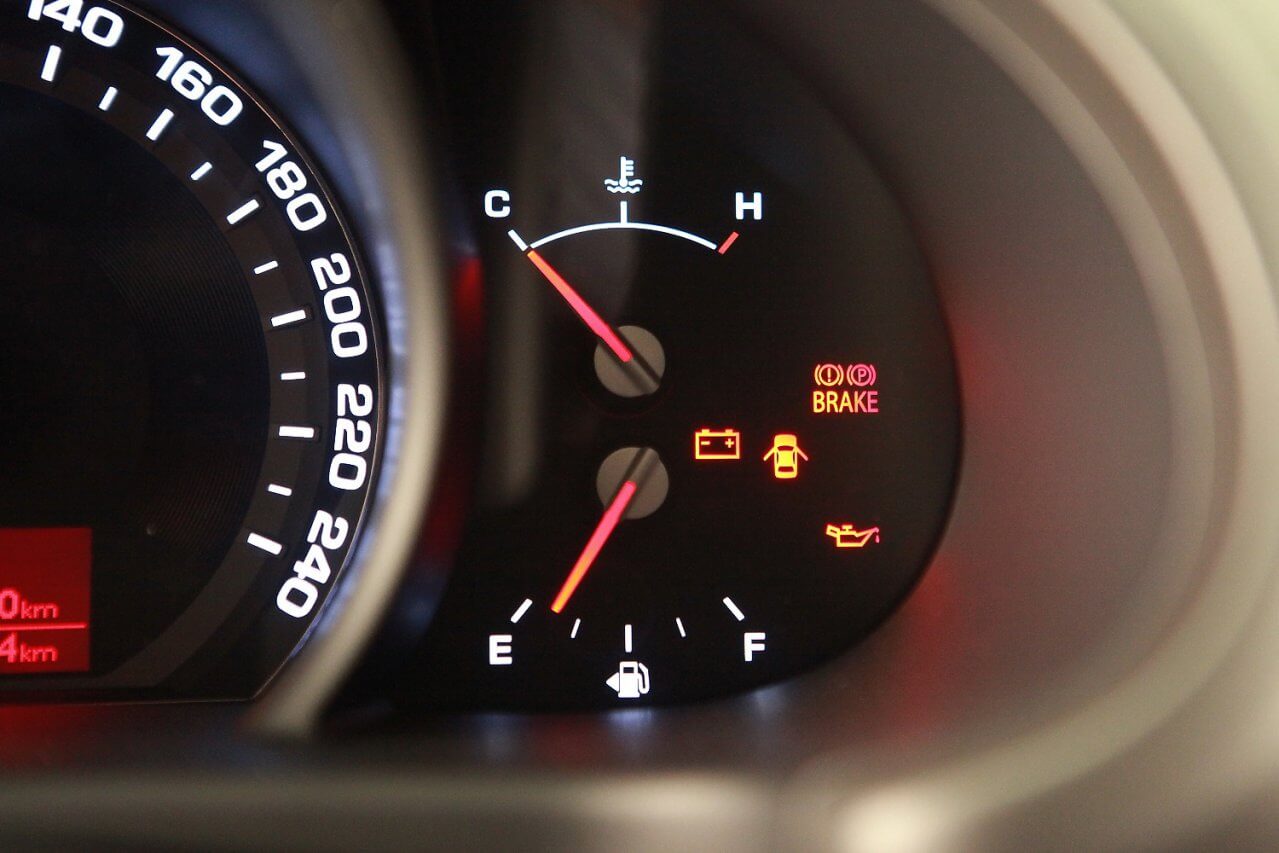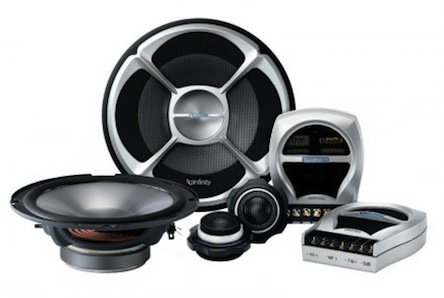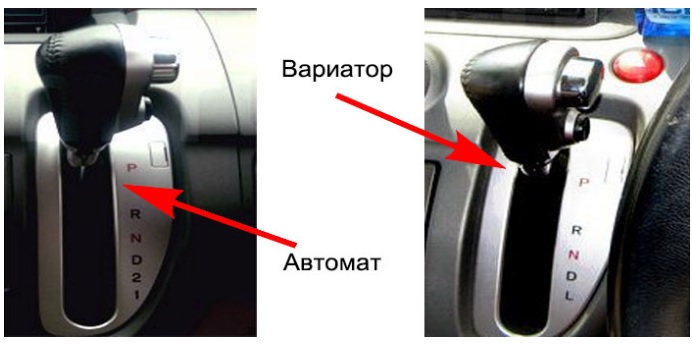
What is better automatic or CVT
As cars become more accessible to more buyers, driving becomes easier too. Shifting gears on a manual transmission is quite a task, and engineers are finding ways to save ordinary buyers from having to delve into the nuances of shifting from higher to lower gear, re-gassing and constantly playing with the gas and clutch pedals.
Along with traditional mechanics, automatic transmissions and CVTs are becoming increasingly popular. What is better - CVT or automatic transmission?
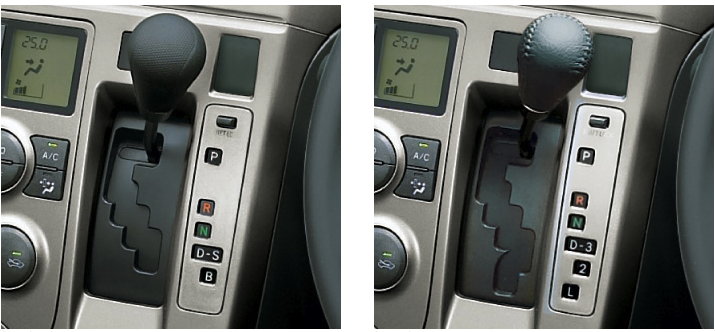
It is unambiguously difficult to answer the question, you can only give the pros and cons of either system, and buyers must decide for themselves what they prefer - savings, simplicity or power.
Automatic transmission

Pros:
- with automatic transmission, you do not need to think about how to properly squeeze the clutch, respectively, the car starts off without jerking;
- the same thing happens when shifting from one gear to another - there is no need to switch to neutral gear, release gas and squeeze the clutch - the hydraulic clutch will do everything for you, you just have time to switch from gear to gear;
- accordingly, when there is no clutch, any risk of “breaking” it disappears, which often happens with beginners on the manual gearbox;
- engine wear is reduced;
- for driving in the city, the automatic machine is ideal, besides, the fuel savings are tangible.
Cons of automatic transmission:
- The automatic transmission does not differ in dynamics, as can be seen from the characteristics of a car with automatic transmission - acceleration to hundreds on an automatic transmission takes more time;
- increased oil consumption - 8-10 liters, and you need to change it more often, and it is not cheap;
- outside the city, the machine consumes more fuel;
- repairs are expensive.
Variable speed drive
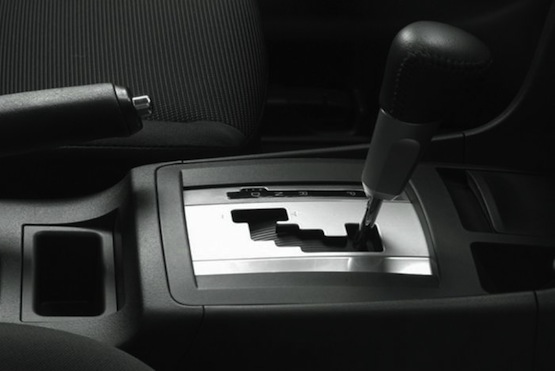
The variator has no gears at all, so learning to control is not at all difficult.
Advantages of the variator:
- smooth running - no jerks when starting and shifting gears;
- the engine will last longer, there is no risk of “burning” the clutch;
- fuel consumption is less than for manual and automatic transmissions;
- the car accelerates dynamically and quickly.
The disadvantages of the variator come down mainly to maintenance problems:
- very few specialists, respectively, and repairs will be expensive;
- the belt drive between the driving and driven pulleys needs to be replaced regularly - the belt itself is expensive;
- very expensive oil, and although it does not need to be changed as often as in an automatic transmission, you need to choose very carefully and exactly the one that the manufacturer recommends.
Сonclusion
The variator is definitely better, this is confirmed by numerous test drives. But maintenance is quite costly. If you choose between an automatic transmission and a variator, ask in advance about the terms of service and the availability of specialists in your city.
Loading…
